The theme of Good and Evil is perhaps the oldest one in the history of humanity. If you delve deeply, you’ll realize that humans possess the capacity for both and for good reasons. While race, culture, environment, and DNA play a role, they are not the sole determinants.
These traits are intrinsic to the human condition, much like how light and darkness depend on each other to exist. In this article, we will explore why, in the modern world, even though harmony represents the divine ideal, evil often prevails in positions of power.
The purpose of Good and Evil

In essence, good and evil have complementary purposes: good promotes harmony, growth, and flourishing, while evil challenges, tests, and provides contrast, ultimately driving development and self-awareness. Both concepts are integral to understanding human nature, morality, and society, and without one, the other may lose its significance.
While good fosters creation, evil serves to destroy, making way for renewal. The capacity for mayhem also serves a function as a tool for defense. Hence the integration of the shadow according to Carl Jung. Our focus is on how morality can shape the world, potentially creating both heaven and hell on earth.
The world of abundance

From the Bible perspective
In the Bible, the concept of abundance is rooted in God’s provision and blessings for His people, emphasizing spiritual richness over material wealth.
Scriptures like Psalm 23:1 affirm that “The Lord is my shepherd; I shall not want,” reflecting God’s promise to meet needs. Jesus speaks of abundant life in John 10:10, focusing on fulfillment through faith, love, and grace rather than earthly possessions.
While material abundance is acknowledged, such as in the land of milk and honey promised to Israel (Exodus 3:8), the Bible consistently prioritizes generosity, contentment, and trust in God’s sufficiency, warning against greed and the pursuit of wealth for its own sake.
From the physical perspective
The world is abundant in resources, providing everything humanity needs to thrive—air, water, fertile land, sunlight, and countless plant and animal species. Earth’s ecosystems are designed to renew and sustain life, offering food, materials for shelter, and energy sources like sunlight and wind.
This natural abundance enables human innovation and development, reflecting a balance of provision that, when stewarded responsibly, can meet the needs of all. However, misuse and inequity often lead to scarcity, reminding us of the importance of sustainable practices to maintain this abundance for future generations.
The world of scarcity

From the perspective of the will to power
From the perspective of the will to power asserted by Nietzsche, everything is viewed as a competition—a struggle for resources, attention, opportunities, love, and admiration. In this worldview, the ultimate goal is to dominate and secure as much of these resources as possible to maximize one’s chances of survival and success.
From the perspective of capitalism
From the perspective of capitalism too, everything is framed as a competition—a race for resources, market share, opportunities, wealth, and influence. The system incentivizes the accumulation and monopolization of resources as a means to secure economic success and maintain a competitive edge.
Game theory in geopolitics
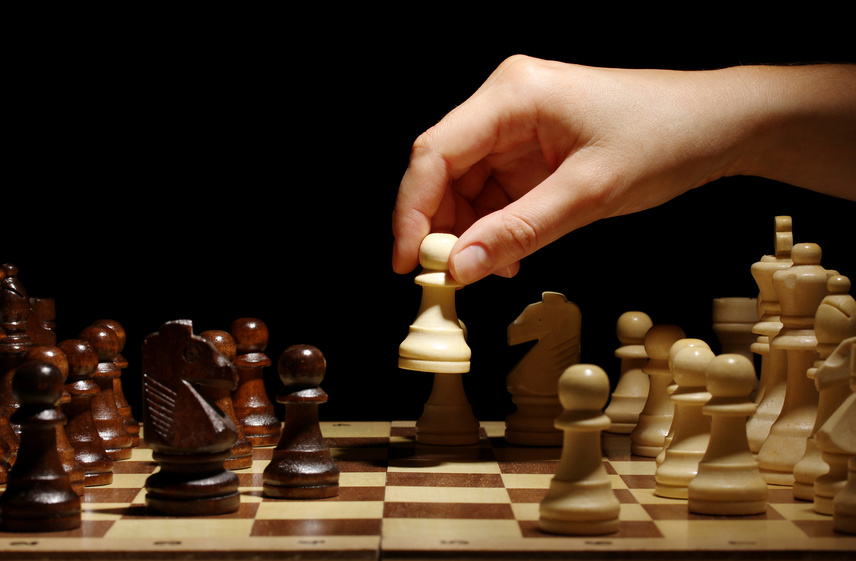
The global stage
In geopolitics, nations compete for resources, influence, and power, whether natural (oil, water) or strategic (military bases, trade routes). Each nation acts as a player, making calculated moves to secure advantages, expand influence, and protect interests.
Like a strategic game, players must anticipate others’ actions, navigate alliances, and balance conflict with cooperation. Every decision—economic, military, or diplomatic—carries both immediate and long-term consequences. Ultimately, geopolitics is about gaining the upper hand in the global power structure to ensure survival, security, and prosperity in a competitive world.
The inevitable participation of every Nation
In geopolitics, when one nation competes for resources, power, or influence, other nations are inevitably drawn into the game due to the interconnectedness of global politics. Actions taken by one state, such as expanding trade routes or securing resources, trigger responses from other nations.
These may include military, diplomatic, or economic actions to safeguard their own interests. The global system’s interdependence makes it impossible for any nation to remain passive, compelling all players to react, adapt, or compete in some form. Ignoring the game risks undermining a nation’s security, prosperity, and influence.
The Corrupting Attraction of Power in Politics

Power struggles are not suited for those who prioritize morality
On the global stage, where the competition for resources and power takes center stage, political positions naturally attract individuals driven by a desire to assert their will to power.
I would even argue that those who are moral and not seeking power or engaging in power struggles are naturally excluded from these roles.
Power struggles favor those who prioritize power above all else
A politician, by definition, must adopt a Machiavellian approach, where pragmatism and cunning often take precedence over ideals.
To succeed in the competitive world of politics, one must be willing to make difficult decisions, manipulate situations, and sometimes even abandon ethical principles. The political arena is fraught with challenges that require a focus on strategy and power, and Machiavellian traits such as manipulation, realpolitik, and an ability to exploit the weaknesses of others become essential tools for navigating the complex and often corrupt nature of governance.
This isn’t to say that every politician is inherently malevolent, but the nature of the political system often rewards those who are shrewd, calculating, and willing to do whatever it takes to maintain their position or further their agendas.
The results of corruption
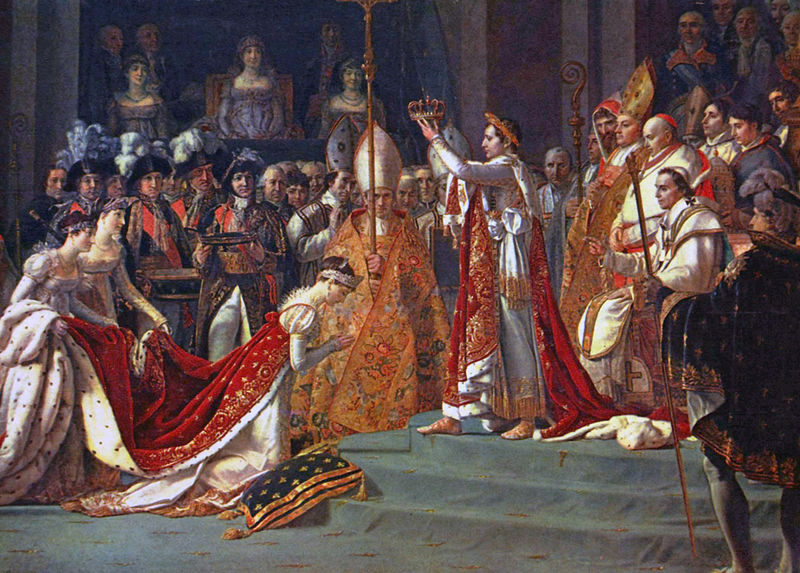
The consequences of corruption, evil, and selfishness inevitably lead to wars and the exploitation of individuals. These destructive forces create a cycle of violence and injustice, where the pursuit of power or personal gain tramples the rights and dignity of others.
Corruption erodes the structures that should ensure fairness and equity, while selfishness blinds individuals to the collective well-being, fostering an environment where manipulation and oppression thrive. In the context of global politics, these forces can escalate into conflict, as nations or individuals fight to maintain control, often at the expense of vulnerable populations.
Exploitation, whether economic, social, or political, becomes a tool for those in power to sustain their dominance, further deepening inequality and suffering. Ultimately, the unchecked spread of corruption, evil, and selfishness undermines the foundation of peace and mutual respect, driving societies into cycles of conflict and harm.
In this context, how can harmony be achieved?

Harmony is something we naturally strive for in our personal lives and within our own families. The challenge arises when attempting to achieve it on a larger scale, such as within a nation or globally. How is it possible to cooperate in the world of group identity?
In this context, world harmony seems unlikely within a competitive system driven by the pursuit of power and resources.
For true harmony to be possible, individuals and nations would need to shift away from power struggles and adopt cooperative, ethical, and mutually beneficial approaches. This would require a transformation in how power is perceived and utilized—where collaboration and collective well-being take precedence over domination and control.
Achieving world harmony would involve redefining success not as the accumulation of power or resources, but as shared prosperity, peace, and respect for all nations and peoples. However, in a world dominated by power dynamics and competition, this ideal remains difficult to attain.
It’s also important to note that the world is largely cooperating most of the time. For example, projects like ITER, which involve multiple countries, are working together to develop technological innovations in energy through the use of fusion is a perfect example.
For a nation to be at peace and in harmony does it require evil to be done elsewhere?
For a nation to achieve peace and harmony, it doesn’t necessarily require evil to be done elsewhere, but historically, this has often been the case due to the competitive and power-driven nature of global politics.
In a world where resources, power, and influence are limited, nations often engage in actions that benefit their own interests at the expense of others. This can include exploitation, manipulation, or even war, where the harm done to others is justified as a means to secure peace or prosperity at home.
However, in an ideal scenario where global cooperation, empathy, and ethical governance are prioritized, peace and harmony could be achieved without causing harm to others. A shift from competitive to cooperative global systems, focusing on mutual benefit, respect, and sustainability, would allow for a world where nations can thrive without needing to exploit or harm others.
Ultimately, while the history of geopolitics is rife with examples of harm inflicted elsewhere for the perceived benefit of one’s own nation, the true path to lasting peace would require a collective effort to rethink how nations relate to one another and prioritize shared well-being over domination or exploitation. There is certainly a cost to this, including the creation of new enemies and the erosion of trust and harmony within your own nation.
The Forces for Good and Evil
It’s crucial that every individual fully understands the consequences of their actions, including the career paths they choose and the way they consume.
Do you aim to foster harmony around you, or are you focused on exploiting opportunities for yourself, your identity group, and creating discord?
| Harmony | Discord |
| Technological innovations for abundance | War for ressources |
| Philosophy promoting morality | Philosophy promoting nihilism |
| Space exploration | Space monopolization |
| Film promoting morality | Film promoting nihilism |
| Ethical and affordable products | Conspicuous consumption |
| Selflessness | Selfishness |
| Minimalism | Materialism |
| Empathy | Apathy |
| Love | Hate |
| Pacifism | Realpolitik |
| Social Altruism | Social Darwinism |
| Egalitarianism | Elitism |
| Collectivism | Individualism |
| Individual diversity | Group identity |
| Integrity | Corruption |
| Humility | Egocentrism |
| Altruistic | Narcissistic |
| Idealism | Machiavellianism |
| Compassion | Sadism |
| Freedom | Tyranny |
The nature of the Divine

The concept of the highest possible value refers to the ideal or supreme aspiration that shapes human existence and the way we organize our beliefs, values, and actions. It is often tied to transcendent ideas such as truth, goodness, beauty, and spiritual fulfillment. For individuals and societies, the pursuit of this highest value is what drives moral decision-making and the quest for purpose.
In many philosophical and religious traditions, the highest value is synonymous with divine or ultimate truth—something that transcends personal desires, material needs, and individual struggles. This ultimate value often guides individuals to align themselves with what is considered ethically and spiritually superior, whether that’s a divine being (God), an abstract concept (like justice or love), or the highest form of human development (such as wisdom or enlightenment).
This value acts as a compass, directing individuals toward a more meaningful existence, with moral choices and behaviors reflecting the internalization of this ideal. It represents the pinnacle of human potential, and its pursuit forms the basis of ethical frameworks, both on an individual and societal level.
The nature of Evil
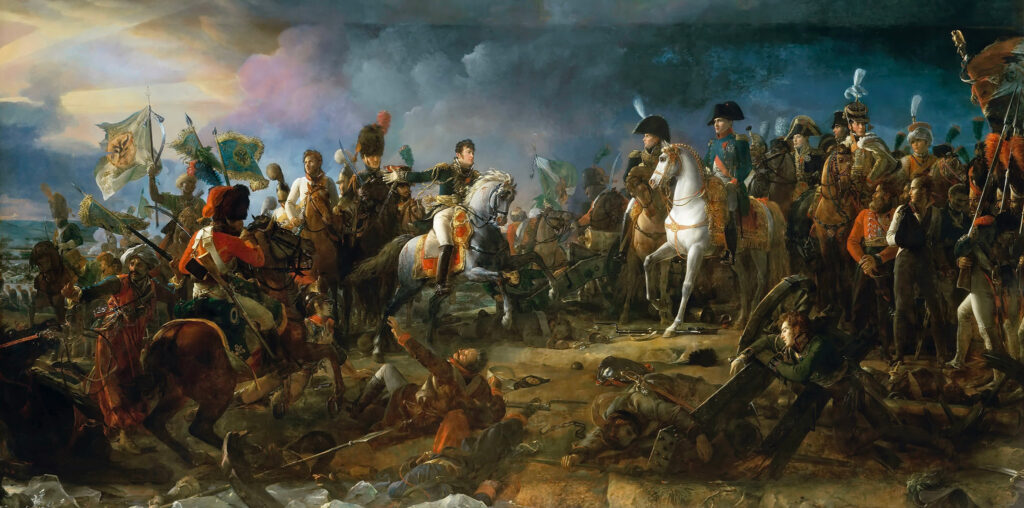
The nature of evil, in contrast to the divine, is rooted in the deliberate distortion or rejection of the highest possible values. It manifests in actions, thoughts, and behaviors that prioritize selfishness, harm, and the destruction of harmony. While the divine seeks unity, goodness, and the flourishing of all, evil thrives in division, suffering, and the exploitation of others. It is driven by a disregard for higher ethical principles and a willingness to manipulate, deceive, and oppress for personal gain.
Evil often arises when individuals or societies become disconnected from the pursuit of truth, beauty, and spiritual fulfillment. In its most insidious form, evil distorts these values, twisting them to justify actions that cause suffering or perpetuate inequality. It exploits vulnerability, undermines trust, and fuels cycles of destruction. Where the divine leads toward a shared, harmonious existence, evil creates chaos, discord, and conflict.
At its core, evil is a rejection of the potential for goodness, a force that works against the common good, instead fostering division, inequality, and exploitation. Its influence is pervasive, often subtle, and can manifest in both individual actions and larger societal structures, creating an environment where power is used to harm rather than uplift. While the divine calls humanity to a higher state of being, evil binds individuals and societies to lower, base instincts, preventing growth and healing.
God and the Devil are in the details
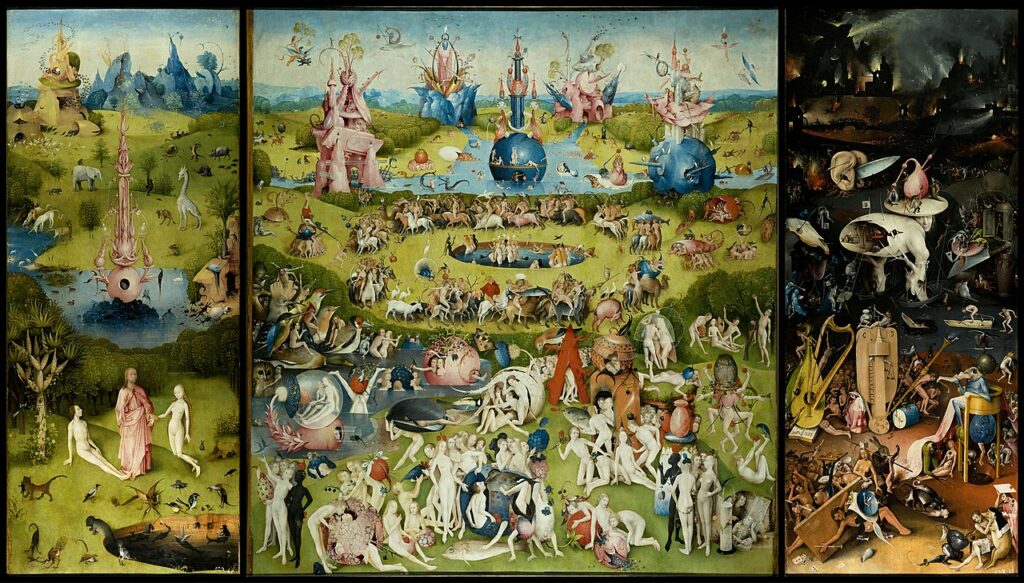
The phrase “the devil is in the details” originating from “God is in the details” underscores how the smallest elements of a plan or project often hold the potential for complications or failure. At first glance, the big picture may seem flawless, but hidden within the finer points lie challenges that can derail success if overlooked. It reminds us that diligence and thoroughness are essential, as even seemingly minor oversights can have significant consequences.
This expression serves as a cautionary reminder in life, business, and creativity to pay close attention to every aspect, ensuring that no critical detail is left unchecked. Success, after all, often hinges not on the grand ideas but on the meticulous execution of the finer points.
The phrase “the devil is in the details” relates to morality by highlighting how ethical challenges often arise in the nuances of actions and decisions. On the surface, moral choices can appear straightforward, guided by principles like honesty, fairness, or kindness. However, the real test of morality often lies in the subtle complexities of each situation—hidden motivations, unintended consequences, or small compromises that can snowball into larger ethical breaches.
For instance, a person might justify a minor lie as harmless, but the accumulation of such small dishonesties can erode trust over time. Similarly, a seemingly noble goal can mask questionable methods or unintended harm when examined closely. This connection illustrates that moral integrity requires constant attention to detail and a willingness to scrutinize the finer aspects of one’s actions and decisions. By doing so, individuals can navigate the gray areas of life with a clearer sense of responsibility and ethical purpose.
Why is it so important to follow the Divine?
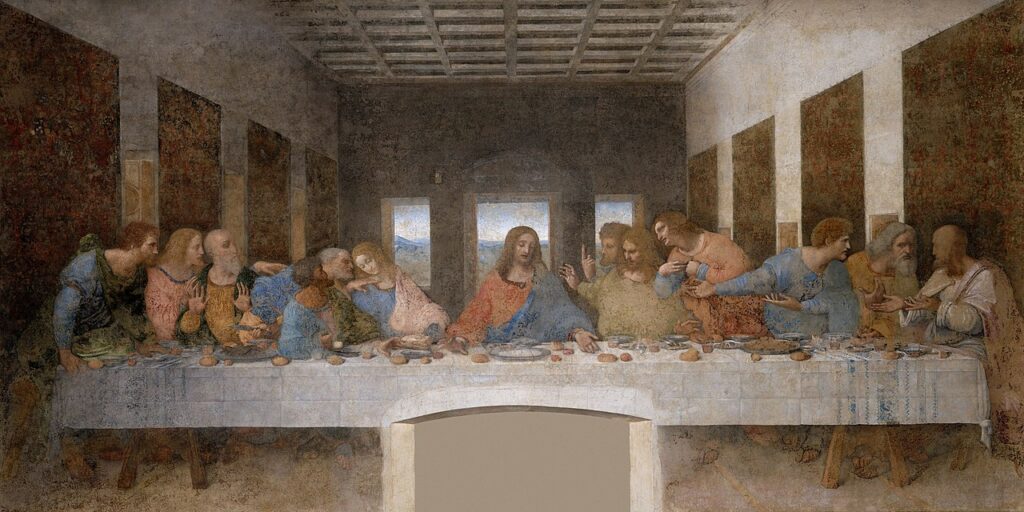
Even the smallest evil actions have the potential to create a ripple effect, ultimately contributing to a state of chaos and suffering—a personal or collective “hell.” Conversely, actions aligned with goodness, compassion, and integrity pave the way toward harmony, fulfillment, and a metaphorical “heaven.” This distinction becomes crucial when individuals or societies find themselves trapped in negative circumstances. To escape such a “hell,” it is essential to recognize and reflect upon the behaviors, choices, and patterns that contribute to these repercussions.
Understanding this connection is a powerful tool for transformation. By identifying the harmful actions—whether rooted in selfishness, dishonesty, or neglect—that perpetuate negativity, individuals can consciously work to replace them with constructive, virtuous behaviors. This self-awareness is the first step toward breaking the cycle of suffering and fostering a more balanced and fulfilling existence. Only by acknowledging the link between actions and outcomes can people begin to move toward creating their own “heaven” on earth.
Conclusion
In conclusion, both good and evil, though seemingly opposing forces, are necessary for the balance and progression of human society. Good drives creation, growth, and cooperation, fostering harmony and collective well-being.
Evil, on the other hand, acts as a disruptive force that challenges the status quo, forces adaptation, and can bring about necessary change. While evil often arises from selfishness, competition, and the corrupting nature of power, it can also serve as a catalyst for transformation, pushing individuals and societies to confront their limitations and strive for improvement.
In the grand scheme, these forces are intertwined in a dynamic, ever-evolving relationship. The existence of evil, with its capacity to destroy and destabilize, highlights the value of good, which seeks to protect, build, and restore.
Without one, the other would lack definition or purpose, and humanity’s journey toward self-understanding, progress, and ethical evolution would be incomplete. Ultimately, it is through the tension between these forces that we learn, grow, and shape the world around us.
In the human experience, the divine represents the highest attainable value, as pursuing it cultivates harmony within oneself and with others, instead of discord. Those who reject their humanity risk encountering a profound loss of meaning and a deep sense of isolation, hate and resentment.


GIPHY App Key not set. Please check settings